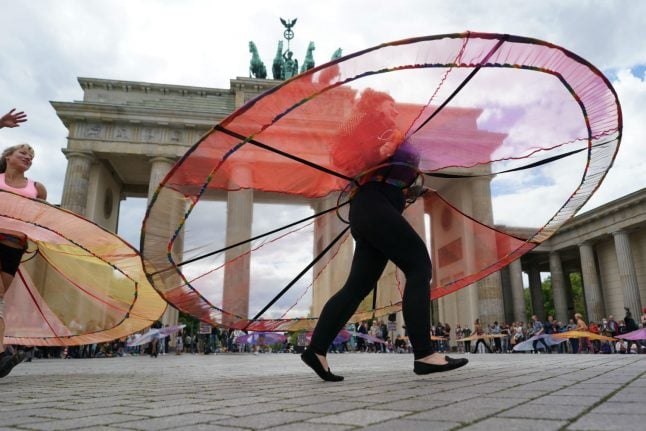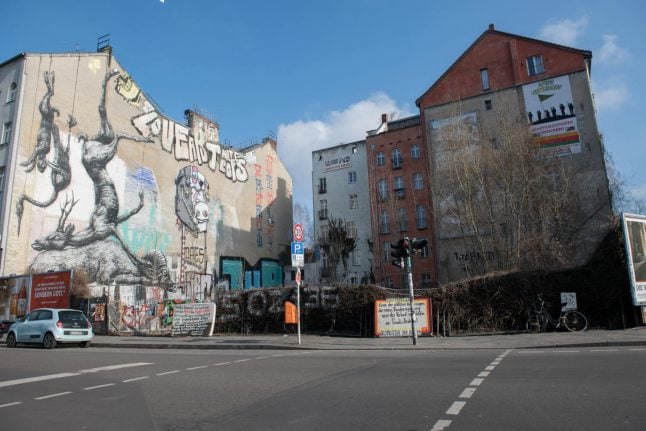A total of €8.5 million was originally planned to be set aside for freelance artists in the coming year, but now €52 million are earmarked in the budget of Culture Minister Monika Grütters.
“The increase of €43.5 million in scholarships for 2020 and 2021 is our response to the difficult situation of the solo self-employed in the corona crisis,” Grütters said in a statement.
“The scholarships are available to artists of all disciplines. They are usually generous, amounting to more than €1000 per month,” said Grütters.
“Above all, they motivate creative people to engage in productive artistic activity,” Grütters continued.
Up to five million self-employed people work in Germany, according to government estimates. Many of them have lost jobs or work due to the corona crisis in recent months.
Those most affected are the providers of so-called social consumption, such as smaller scale artists (Kleinkünstler) or musicians.
READ ALSO: 'Balconies, life, art': Berlin's locked-in artists display their work
Where can I apply?
Artists are eligible to apply for the funding through contacting organisations in their discipline.
The following is a partial list of organisations set to receive increased scholarship funding, as Germany's Culture Ministry shared with The Local upon request.
Deadlines and processes to apply vary based on each organisation.
They include:
–Deutsche Übersetzerfonds for translators
–Deutscher Literaturfonds for artists and authors
–Fonds Darstellende Künste e.V. for freelance individual artists
–Dachverband Tanz for freelance professionals in the dance world, from dancers to sound technicians
-the scholarship programme Musikfonds e.V. for composers, musicians and sound artists
–Kulturstiftung des Bundes for modern artists and composers
-The Stiftung Kunstfonds for visual artists and art education institutions.
–PEN-Zentrum Deutschland for poets, essayists and novelists




 Please whitelist us to continue reading.
Please whitelist us to continue reading.
Member comments